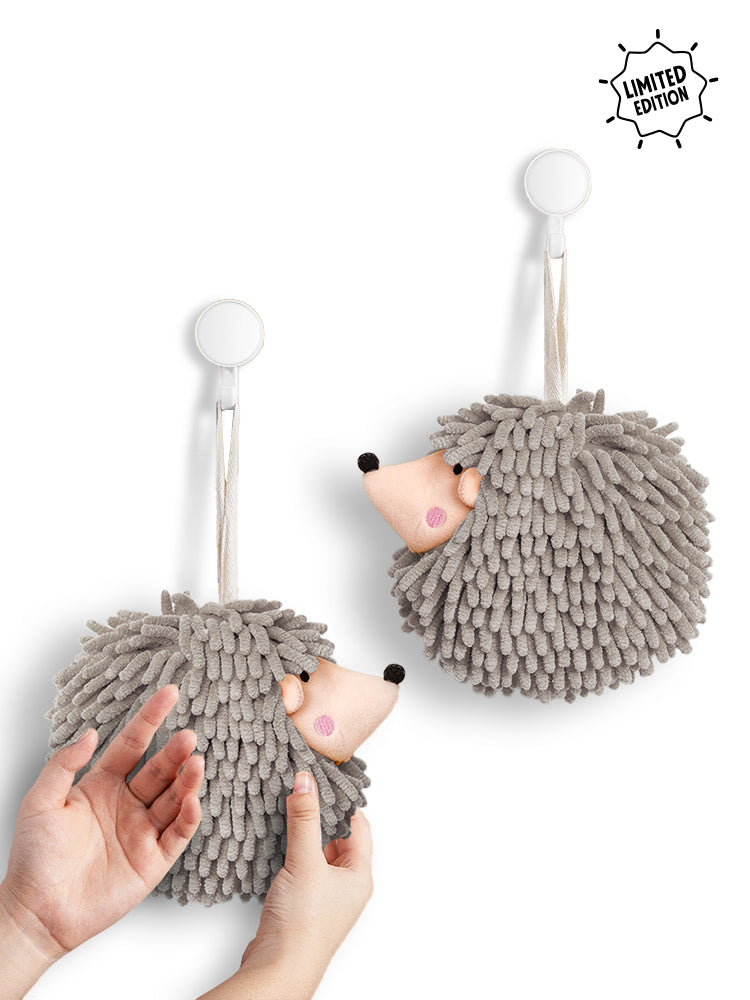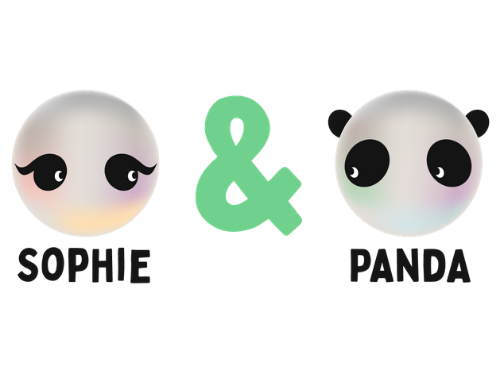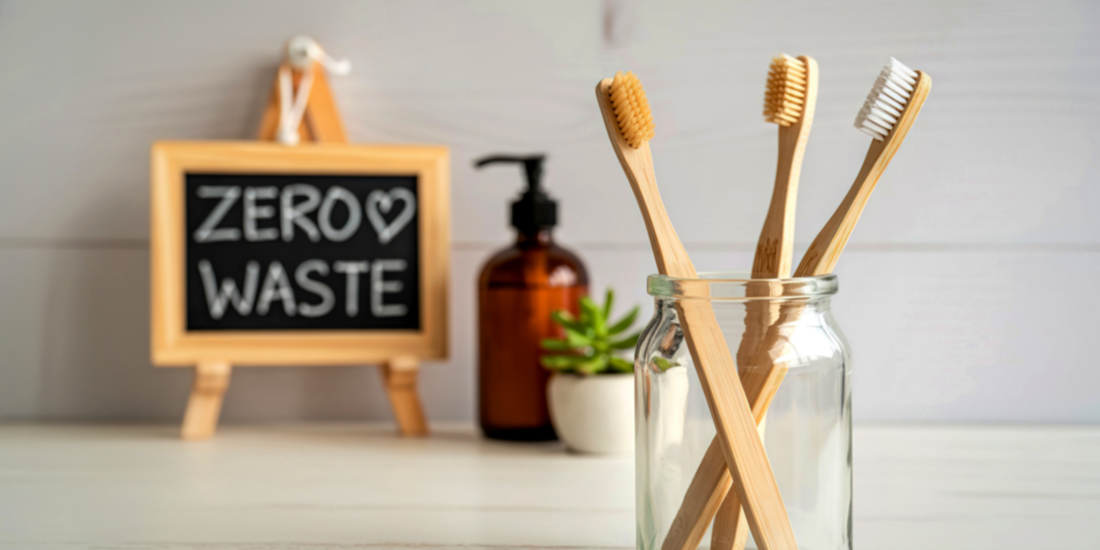
So you want to be an eco-friendly parent? Maybe you don’t have the time to research, or you don’t know where to start? You just know you have to do something. Sustainable living can feel daunting when you’re new to it all, but it doesn’t have to be.
The great thing about sustainable parenting is you can do whatever works for you. Just like everybody raises their children in their own way, you can be green in your own way.
This guide is going to help you become a sustainable parent, not just a plastic-free one.
Zero waste isn’t about spending money
I wanted to write the article I wish I’d read when I started this journey myself.
I could have stopped myself from wasting my money buying products like reusable straws when I never even use straws.
Ethical living has become a profitable trend that all the corporations are jumping on to convince you they are doing good (so they can get your money).
I’m not going to waste both our time by telling you how to live, what to do and what to buy. I’d rather help you explore the ways you can create an ethical lifestyle without feeling overwhelmed (well, no more than the inevitable sleep deprivation of parenting makes you).
I’m here to help you think a little differently, and change the habits you want to (and can) change so that your family can reap the benefits of an intentional lifestyle, whilst building a future that is sustainable for all children.
How do you live a truly ethical lifestyle?
Whether you’re a deep thinker or not, we are all searching for meaning in our lives in one way or another. That doesn’t mean that we all want the same thing or have the same beliefs.
An ethical lifestyle involves living in a way that is considerate of all people and animals. It is learning to respect the natural world and all of its resources.
Human beings have exceptional minds and there will always be a wide range of perceptions and solutions. Living ethically means living true to your values.
There are a lot of topics that fall under ethical living:
Overconsumption of the Earth’s natural resources
Human exploitation
Animal cruelty
Inequality
Unfair wealth distribution
To live an ethical lifestyle, you must make a conscious choice to live in a way that reflects your values.
First you have to face up to the issues that our whole world is facing (not just white people, farm animals or turtles).
Then you have to decide what kind of person you want to be.
Lastly, you have to put those values into practice and start living how you believe we all should live.
It is a lifestyle based on empathy and compassion, but it can’t always be positive.
It will involve difficult conversations, uncomfortable amounts of personal development, and calling out harmful actions and words.
Sustainable living is so much more than zero waste swaps
I’ve heard an unbelievable amount of people say they are getting rid of all their plastic so they can replace it with more sustainable options, like glass or wood or bamboo.
There is absolutely no need. Sometimes the alternatives to plastic have a higher carbon footprint too.
Don’t get me wrong, I’m a big fan of the zero waste movement and what it represents. The goal of a low impact lifestyle is to get society to move towards a circular economy so we can stop draining the Earth of its resources.
A truly eco-friendly lifestyle involves using up everything you have and only buying new when you need it.
Swapping to a reusable product is a much more effective action if you email the corporation you’ve stopped supporting to tell them why you are no longer a customer.
While it’s a great to reduce your single-use plastic, it’s not going to make a huge difference without incorporating the meaningful actions too. One of the simplest things you can do is email companies to let them know why you won’t be shopping with them anymore.
Make human rights your priority
With all the sad photos of turtles tangled up in fishing nets and the koala bear’s homes going up in flames, it can be easy to get caught up in the plastic pollution and climate change aspect.
Wildlife and natural ecosystems are not the only victims - they are just the stories that go viral and get attention.
The impact of our climate emissions and consumption is hitting developing countries hard.
The average Brit uses more carbon in the first two weeks of the year than residents of seven African countries do in an entire year (source), yet climate change in Africa is causing severe drought, disease and famine.
Social justice and environmental issues come hand in hand. People that live in poorer countries are the ones suffering because of our collective actions as a country.
What you’re not usually told when you start making eco-conscious swaps:
Climate change is increasing starvation, poverty, and destroying the homes of millions of people who aren’t contributing to climate change. Focus on them.
Amazon has a horrific (rising) carbon footprint, don’t pay their taxes, and have child labour in their supply chain. It is not ethical to buy zero waste products from them.
Slavery is also a serious issue in the supply chains of fashion, tea, coffee, chocolate, jewellery and electronics industries. Don’t be fooled by greenwashing scams like “plastic-free teabags” and “sustainable fast fashion” (hint: it doesn’t exist).
Your diet isn’t ethical if you’re switching from eating meat to a vegan diet that has human suffering in the supply chain. Make sure you know where your plant-based foods come from, and that the vegan influencers you follow aren’t just white.
The rights of indigenous people are being violated by fossil fuels companies so make sure you are boycotting oil instead of plastic (which is made from crude oil).
What I’m trying to say is focusing on stainless straws and bamboo toothbrushes won’t get you far. Until we build a safe world for all humans, sustainability will not exist.
Human life is more important than a plastic straw.
Source: Sophie. (2025, March 4). The Beginners Guide to Sustainable & Ethical Parenting — Sustainably Lazy. Sustainably Lazy. https://www.sustainablylazy.com/blog/green-sustainable-parenting


